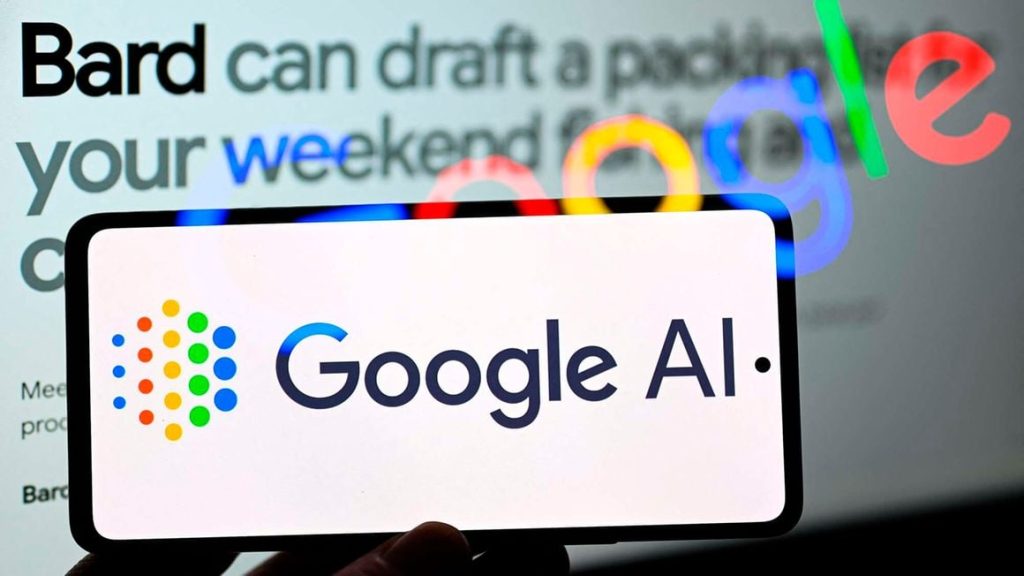Last week, I spoke about what I see as the biggest danger of AI for Tanzania, noting that “we are a credulous people.” But there’s more to it. We often overlook the importance of social scientists, so public discussions rarely address the psychological, cultural, and social complexities of modern African life, much of which still carries the weight of colonialism.
We live in a world where contradictions coexist. Our traditions often clash with contemporary values, and the spread of religions has wiped out many indigenous beliefs, replacing them with practices like “witchcraft” that have lost their sacred roots. Our long, rich histories have been eroded, and we find ourselves on the fringes of a rational capitalist world that, even in its core, devalues human life. At the same time, we are pushed to discard our deep knowledge systems and natural science practices in favor of technologies and intellectual products that we didn’t create, but are pressured to consume.
To survive this, we’ve learned to embrace contradictions in our logic and social reality. In Tanzania, this manifests as a socialist ruling party that follows a capitalist agenda, while a political elite profits from rent-seeking. It’s attending choir practice on Sunday, then turning to a witch doctor for solutions to marital problems.
Telecom companies offer “affordable” social media packages, but they don’t include access to the broader internet, leaving many people to believe that “mtandao” means only social media. How can anyone verify information when they can’t even search the web for answers to the half-truths they receive from overloaded WhatsApp groups?
We reached a turning point when we buried loved ones who died from atypical pneumonia while hearing that “Tanzania didn’t have Covid.” In that moment, we fully entered a post-truth reality.
Can a society that struggles with intellectual, social, and spiritual resources handle the rapid rise of artificial intelligence? I have my doubts. While we’ve adapted other technologies to fit into our development plans, AI is a different challenge. The telephone didn’t have complex algorithms hidden in “black boxes,” and nuclear fission can’t rewrite its own code. Some in the tech world are even discussing AI in terms of consciousness, while we in Tanzania are still creating a Kiswahili lexicon for words like “computer” and “artificial intelligence.”
As much as I cherish our national language, it’s clear that technological and scientific terms — and the deep understanding that comes with them — don’t come naturally to us. Kiswahili, a beautiful analog language, exists in a digital world.
So, what does this mean for our future? There will undoubtedly be confusion and challenges. But I believe we have certain qualities, shared by many poor nations and African societies, that might become sources of resilience, maybe even offering opportunities for growth. I’ll explore this further next week.





















